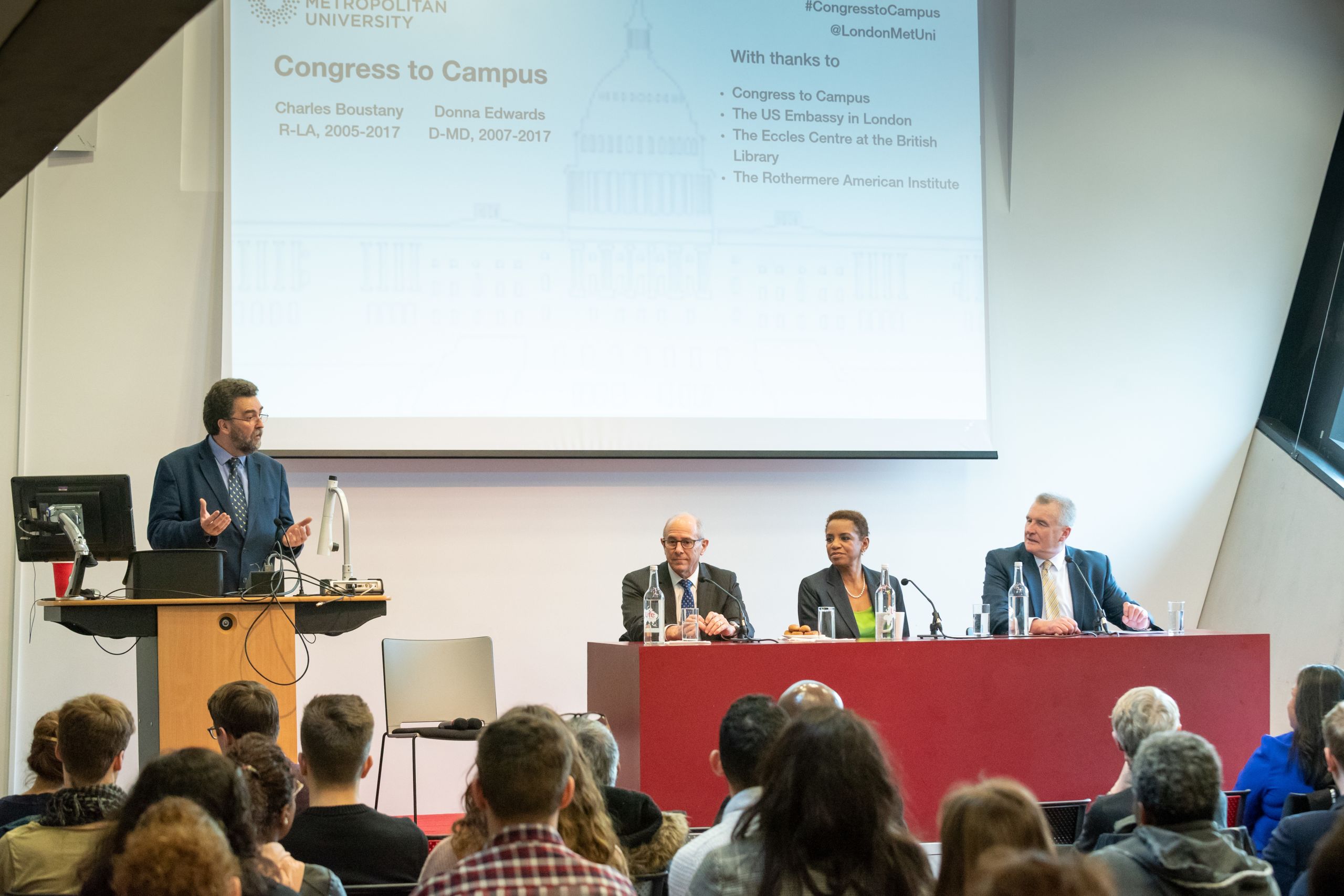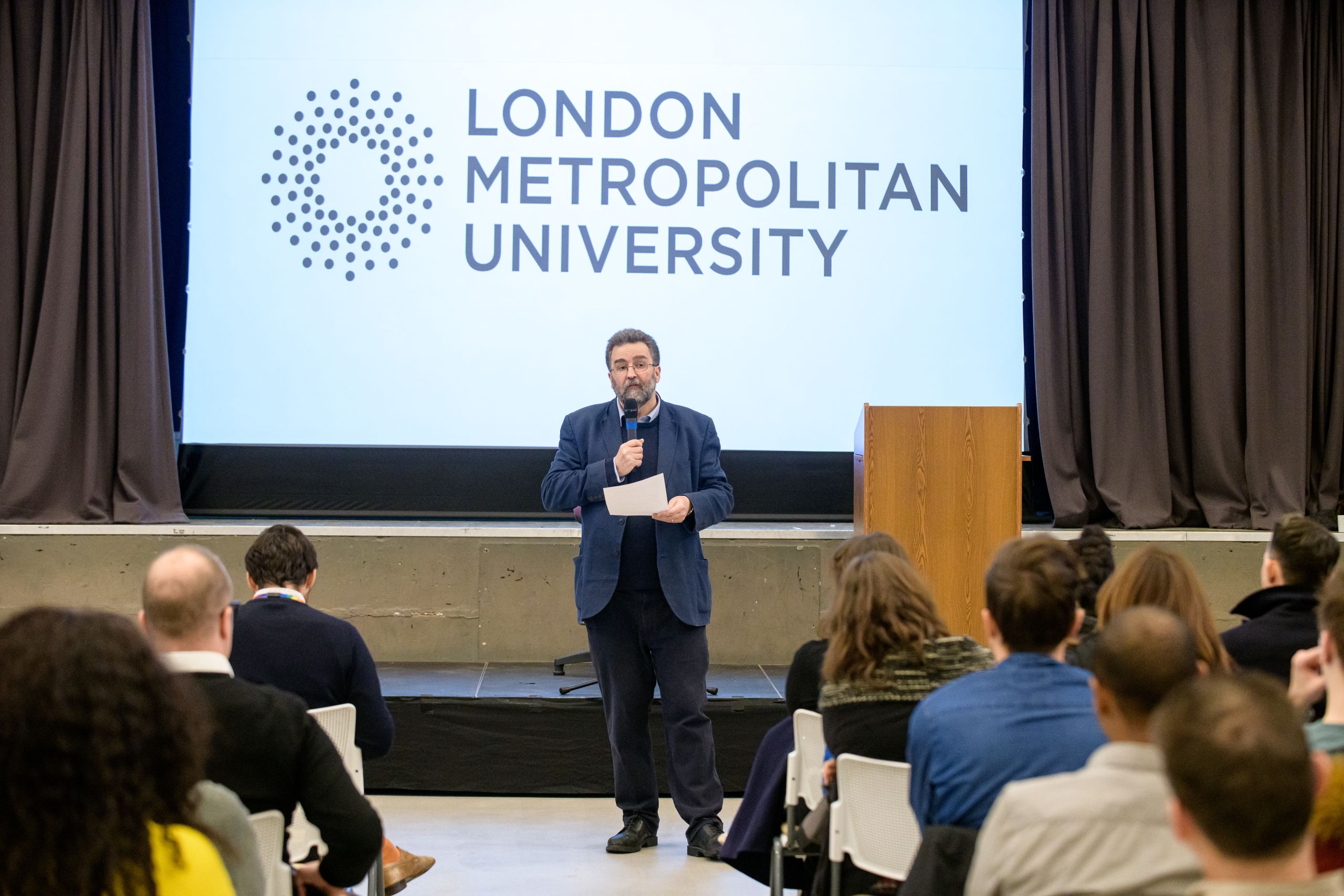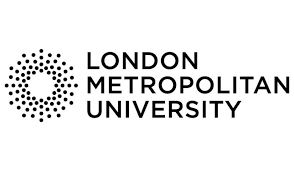The future of US-UK relations in the balance

The sudden, unilateral withdrawal of American troops from Afghanistan left the UK scrambling to evacuate citizens and allies, marking the most significant bilateral rift of the Biden era. Dr Andrew Moran, Head of Politics and International Relations and Associate Professor of Politics and International Relations at London Metropolitan University, describes the current moment as marked by significant alignment over issues like climate change and international security, but also points of tension on disagreements such as Brexit and the future of Northern Ireland. The coming years could also see the UK play a diminishing role in American foreign policy.
Boris Johnson and Donald Trump shared several traits, from their populist leadership styles to economic nationalism, but they also diverged. Johnson was critical of the Capitol Hill riots that Donald Trump stoked and clashed with the former president on whether to allow Chinese telecoms company Huawei to participate in the UK’s 5G infrastructure build out.
The arrival of the Biden administration marked a return to more conventional politics and Obama-era multilateralism. Positively, this has helped the UK in areas like climate change and support for key institutions such as NATO. But it has also created new flashpoints.
Northern Ireland and the status of the Good Friday peace agreement is one point of tension, according to Dr Andrew Moran at London Metropolitan University, who argues the issue has additional salience to the president due to his Irish ancestry.
“The Biden administration is concerned about the Good Friday Agreement being undermined and a return of the violence. How that gets squared between Britain and America is going to be interesting, as Johnson has his own pressures in terms of being tough with Europe whilst keeping the Union together."
Biden is opposed to Brexit, unlike Trump who supported the UK’s withdrawal from the European Union. The UK was a once valuable partner to America’s European engagement. “There used to be an argument that Britain was the stepping-stone for discussions with Europe. That has been lost as the relationship between Britain and Europe has become rocky due to Brexit,” says Moran.
Fast forward to today, and the two countries are mired in their most significant clash over the controversial decision of the US to withdraw all military presence from Afghanistan, which led to a rapid advance of the Taliban that took many political leaders by surprise. Senior political and security figures in the UK have spoken out against the withdrawal which put UK citizens and allies at risk as evacuation deadlines drew to a close and the terrorist group ISIS-K took advantage of the chaos to launch a deadly attack at Kabul airport.
The Afghanistan withdrawal has been seen as a “major miscalculation” by some in the UK security community, Dr Moran argues. The president was criticized by some MPs in parliament and the UK’s Chief of Defence Staff described the withdrawal announcement as ‘not a decision we hoped for’. The crisis has served as a reminder, says Moran, of where power truly lies in the relationship. “If it chooses to the US can ignore the UK when it suits its own interests,” he says, adding that such unilateralism is far from new.
“Even Margaret Thatcher, during one of the high points of the ‘special relationship’ was not consulted when the Reagan Administration invaded Grenada, a Commonwealth country, to tackle Marxist insurgents. For the UK, and Thatcher, that was a total humiliation."

Atlantic alignment?
For all the current tensions, Dr Moran identifies important long-term strategic alignments. Biden’s first major overseas visit was, for instance, to the UK for a climate summit, an issue which both countries are moving decisively on in terms of policy reforms and net zero targets. President Biden has shown significant commitment to tackling the climate crisis, signing two executive orders in his first week in office, which included re-joining the Paris climate accord, updating government benchmarks on the social cost of greenhouse gases and reversing Trump-era environmental policies. Boris Johnson credited Biden for ‘returning’ the US to the battle against climate change.
The UK also benefits from America’s re-affirmed commitment to NATO, of which Trump was an arch critic, as well as to the principles of multilateralism torn asunder by Trump’s controversial decisions to withdraw from the WHO and the UN Paris Climate Accords. “Biden sees Johnson and the UK as helping the US re-build credibility and relationships,” says Moran.
Both countries face a shared threat in the rise of China and Russia. The UK’s eventual decision to block Huawei as a government technology vendor was partly due to pressure from the Trump administration and partners in the Five Eyes intelligence network. The two countries have both clashed with China and Russia over a range of issues, from human rights to security.
They are also both vulnerable to a new multipolar global order in which Obama-era hopes that China could be accommodated by the international rule-based order give way to a new, uncertain epoch in which “Western capitalism is not the only answer. China is aggressively promoting an alternative economic system with different values to those of the West. The Trump presidency left a vacuum internationally, pulling out of the Paris Accords, the Iranian nuclear agreement, and other treaties, which allowed China and Russia to take opportunities to fill that gap."
The two countries may also find themselves once again united in their battle against terrorism if, as some now predict, the chaos of Afghanistan provides a breeding ground for international terrorism.
More special to the UK?
Moran points out that the special relationship between the two nations has always been more special to the UK, the smaller partner. Successive prime ministers have championed the bond between the nations, both when governments were politically aligned, as with Ronald Reagan and Margaret Thatcher, as well as crossing the left-right divide, as with Tony Blair and George W. Bush. Boris Johnson views himself in the lineage of British leaders for whom the Atlantic relationship was of foundational importance even if his politics differ from that of the Biden administration.
“Boris Johnson is a fan of Churchill who spoke about the special relationship coming out of the Second World War, which I think makes him somebody who cherishes the relationship,” says Moran.
But he adds that the UK may be falling down the US agenda in terms of its significance and relevance. “Biden has a long list of priorities. He was elected to get America out of the pandemic and get the economy back on track and to restore America’s sense of its own democracy, so he has a full agenda, but there are points where the Administration will find it constructive working with the UK."
Additional Resources:
- A brief intro to American politics with Dr Andrew Moran
- US Politics Today 2020 Digital Conference
- Congress to Campus
- Exploring US presidential theory with Dr Andrew Moran

This content was paid for and created by London Metropolitan University. The editorial staff of The Chronicle had no role in its preparation. Find out more about paid content.



